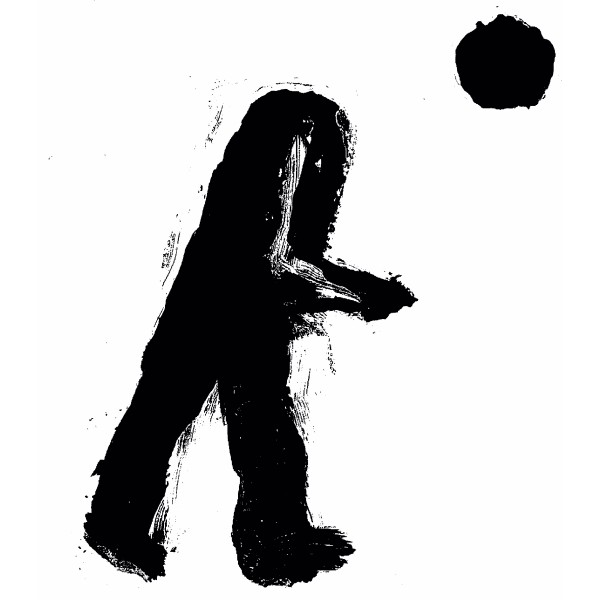Rene Descartes walks into a bar. The bartender says “Hey Rene, I haven’t seen you for a while. Can I draw you a beer?” Descartes pauses a moment and says, “I think not.” Then he disappears.
Anonymous
One of the most fascinating processes of humankind is also one of the most commonplace. So commonplace, in fact, that the extent of the import it has upon our lives is grossly underestimated. I am referring to our patterns of thought.
Unless we have conditioned ourselves to do otherwise, people are obsessively engaged in thought the entire time they are awake. It is far and away the most popular of our conscious activities. You would think that such a universally popular pastime would attract a great deal of attention, but nothing could be farther from the truth. In fact, compared to the tremendous impact thinking has upon our daily lives, it is almost completely unappreciated.
Thinking is the glue that holds our conscious sense of our lives and our world together. That we somehow sense this, without having actually considered it, explains why mental activity is second only to breathing in human popularity. This sense that our world, and our place in it, could fly apart at the seams were we to tamper with our thought processes helps to explain why we tend to avoid scrutinizing them too closely.
Our thinking helps provide a construct through which we seek meaning and order in our experience. Both the inherent fragility and rigidity of the construct can be inferred by two things: The glue (thinking) must be consistently re-applied to keep the construct together and simple things like mood swings, too much alcohol, or relatively minor disappointments can bring our framework down like a house of cards.
Serving as the glue that keeps us and our world together would certainly appear to be a valuable function. And while I cannot disagree with this assessment entirely, I submit that it comes at too dear a price. In maintaining a superficial sense of congruity, we lose sight of and appreciation for who we are at a deeper level.
Think of it this way. Each of us, in our own way, wears a fairly consistent style of clothing. All our clothing says something to the world about who we consider ourselves to be. While we do not confuse our clothing with our personalities, we do acknowledge the way in which our choice of clothing reflects who we see ourselves as being.
Well, our personality, the mental construct of who we think of ourselves as being (as maintained by our incessant patterns of thought) has the same relationship to who we really are as our clothes do to our personality. While our personality is certainly more directly a part of who we are than our wardrobe, it is like our wardrobe in that it is a reflection, an outer manifestation, of something deeper and more substantial. And while we do get glimpse of this deeper self from time to time, we generally demonstrate little interest in learning more about it.
While there is nothing wrong with thinking per se, relying upon it as a bulwark against the sometimes frightening or confusing unknown depths of our deeper nature strikes me as an abuse. I would advocate for a bit more healthy curiosity about who we are beneath this layer of incessant chatter. Holding a too rigid or restrictive definition of ourselves and our place and relationships in the world not only takes a toll on achieving our hopes and aspirations but forms a perfect breeding ground for our numerous anxieties, fears, and perceived limitations.
A simple meditative practice will enable us to find a truer sense of personal security, a more solid appreciation of who we are, and a more accurate sense of our capabilities in dealing with various life circumstances. The same things that may frighten or upset us on one level can be viewed as workable, not to mention fruitful, situations on another. All that is requires is the desire to want to delve and the courage to be willing to remain with and explore the things that usually make us want to flee.
It is ironic (though informative) to consider all the ways in which we contrive to escape the too binding notion of who we are: drugs, alcohol, spending, work, sex, eating, etc. when all we need do is to step out of the roles and definitions we have concocted for ourselves. It may seem that in quieting your thoughts periodically you may go completely to pieces, but you won’t. If you practice long enough and appreciate what you are doing and why, the worst that will happen is that you will get some perspective on things, a loosening of the ties that bind.
And while you may still choose to adhere to those ties, you will find a little more flexibility and choice have entered into the equation. Even though this can seem scary at times, it can also be deeply rewarding and gratifying in a way I am sure you will find worthwhile.

